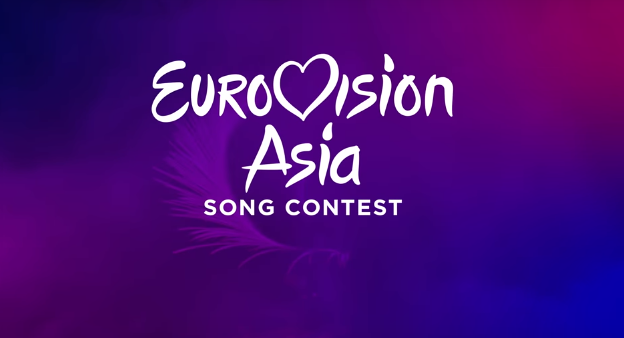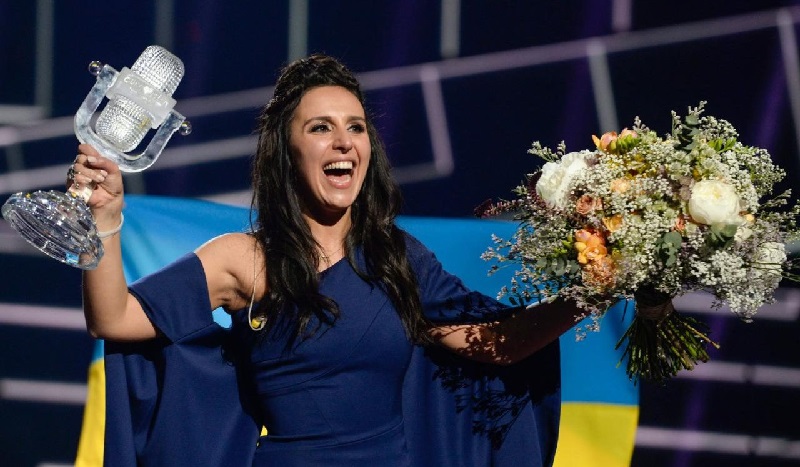‘Eurovision Asia is an insult to the competition’s huge LGBT+ fanbase’
By Joshua Haigh

On Friday, organisers announced that everybody’s favourite song contest would be expanding east of Europe.
‘Eurovision Asia’ will, in the future, hope to bring Asian Cliff Richards and Brotherhoods of Men to the world’s screens.
The global expansion of the unashamedly camp brand seems, at first, an exciting prospect. Why not spend one more night of the year drunk on Bucks Fizz, passed out, draped in nothing but your nation’s flag? Well, the problem is that bringing the contest to Asia fails to appreciate how sacred Eurovision is to the LGBT+ community.
On top of gifting the world with a wide array of flare-trousered, neck-bearded singers, Eurovision, as we know, has also produced a number of gay icons. In 1997, the trans singer, Dana International, won the competition and became one of the world’s first trans superstars. In 2014, Conchita Wurst, sashayed her way to international fame and brought drag to the forefront of European pop culture.

These winners are, for many, a symbol of what Eurovision has come to be about. For a long time, Eurovision has been all about throwing glitter in the face of heteronormative convention and celebrating all of our differences. Year on year, European stadiums are populated by out-and-proud divas of all genders and sexualities, coming together to revel in the unorthodox.
In Europe, this celebration of diversity works. It’s legal to be gay in every single European country and, largely speaking, there is legal protection for those who identify as queer. In Asia, however, the same can’t be said. Being gay is rarely congratulated and, more often than not, coming out can put LGBT+ people in a dangerous and frightening situation.
How then can a competition built upon celebrating diversity take place in Asia?
As it stands, over 20 Asian countries ban any form of same-sex sexual activity. Only a handful of countries in the continent recognise same-sex unions and, in the vast majority of these nations, coming out can lead to ostracisation, assault or even life imprisonment.
Considering this, it seems absurd to me that the success of a competition that has effectively been kept afloat by its LGBT+ fans could be capitalised on by countries who don’t even offer these fans basic civil rights. How can a contest hope to celebrate differences, diversity and pure, unadulterated campness when some of its population can’t even openly express who they love?
Let’s say, hypothetically, Malaysia were to win the first contest. Doesn’t this mean that the following year’s contest would be held in a country where sodomy leads to twenty years in prison?
Perhaps one year China might win. The contest would then have to be hosted in a country where next to no legal protections are offered to LGBT+ in employment, the provision of services or against hate speech and violence.
And what about when Afghanistan, Bangladesh, India or Pakistan win – after all, these are just a small selection of the countries where same-sex sexual activity is outright illegal.
Realistically, there are perhaps only four or five countries in the continent who could host the contest and honestly say that they respect the right of all of their citizens to love who they want and to be proud of who they are.
Eurovision Asia simply can’t work because allowing it to take place would be to ignore what it has come to represent. The contest is, of course, not only for queer people but it has undoubtedly become a yearly celebration of self-expression, nonconformity and pride.
Permitting something so beautiful and so unifying to take place in a continent where these things are far from celebrated would be to disrespect the contest’s rainbow-coloured history and to undermine the horrific daily lives of many queer Asian people.
